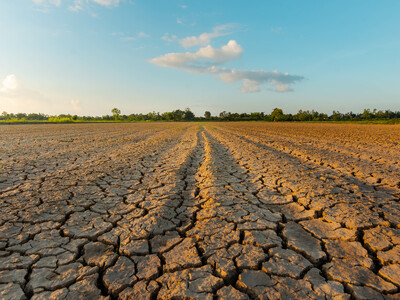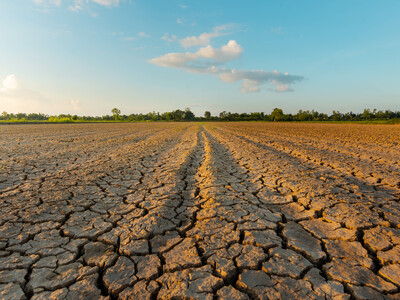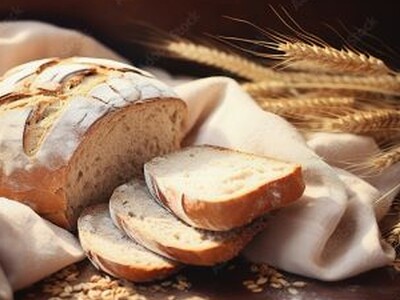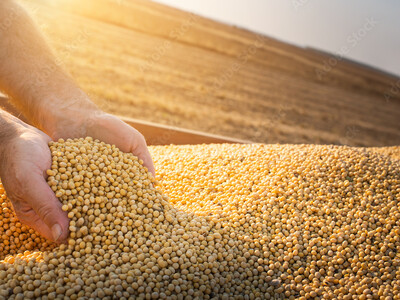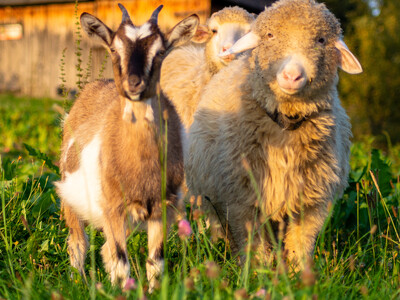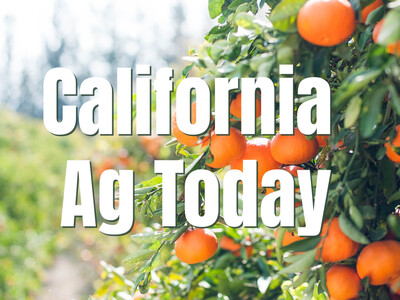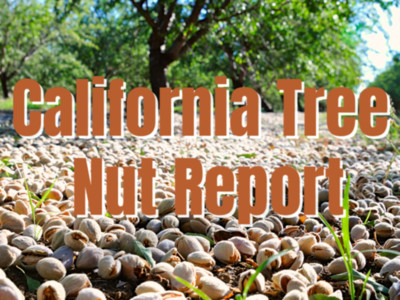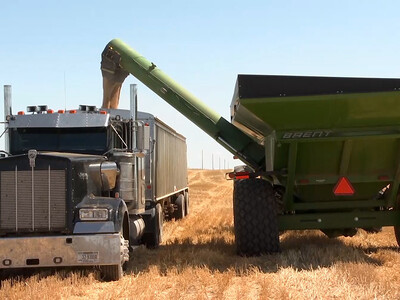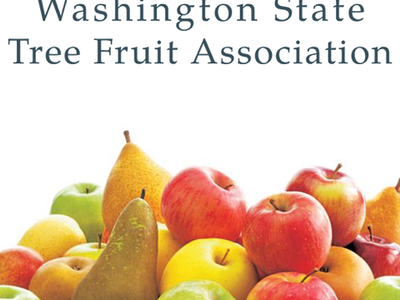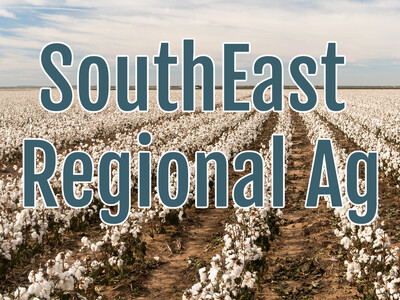CropLife Celebrates Pollinators Week
CropLife Celebrates Pollinators Week. I’m Greg Martin with today’s Line On Agriculture.
This week celebrates the 6th annual National Pollinators Week. Jay Vroom, President and CEO for CropLife America talks about the importance of pollinators to U.S. crops.
VROOM: We’ve known for a long time that there are a lot of important factors going on with regard in particular to bee health although bees are not the only animals and critters and creatures that are providing pollinating services to agriculture and gardeners and those of us who enjoy the ability to consume all of the more than 100 crops that are enabled through the active work of pollinators.
Bees of course according to Vroom are the principal pollinators we think of.
VROOM: And in the case of honeybees of course produce and important crop that many of us enjoy consuming directly. Probably the most serious new development in the arena of pollinator health has to do with the appearance of a malady called Colony Collapse Disorder that has been reasonably well identified and defined in the last decade or so and in particular over the last 5 or 6 years. Unfortunately we don’t have any definitive understanding of what colony collapse disorder is.
There are a lot of factors in the CCD mystery and an equal amount of possible scenarios why the bees leave or die off.
VROOM: One of the reasons that we in CropLife America are very much involved is that there are questions about the impact of insecticide products provided by our industry for the use of farmers and others to protect crops and public health and whether some of our products might be a contributing factor in colony collapse.
Vroom says that so far none of the research done is pointing the finger at pesticides and there are many other factors in the environment that have been identified. And there are many other insect and animal species that assist in pollination.
VROOM: It’s estimated that over $20-billion dollars of American farm crops are dependent on the support of pollinators including bees and we very much want to be a part of the solution to help find answers and in particular collaboratively with our farm customers. There’s a lot of work going on and we’re actually part of an initiative funded by the Turner Foundation working on ways to improve habitat for native pollinators that are very important along with those managed bee hives which are out there doing commercial work.
That’s today’s Line On Agriculture. I’m Greg Martin on the Ag Information Network.




